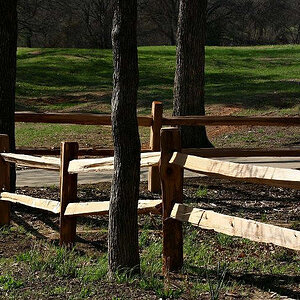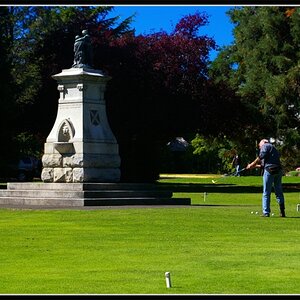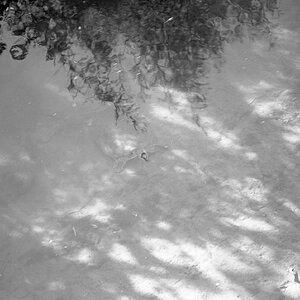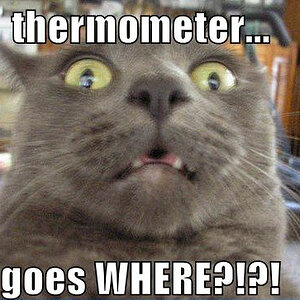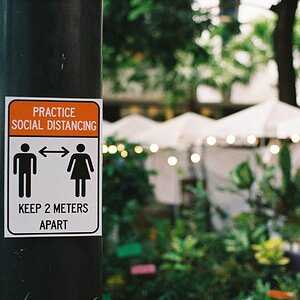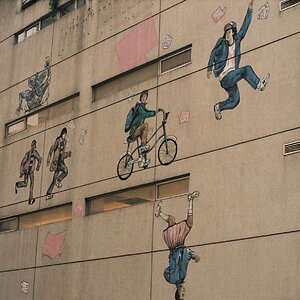- Joined
- Dec 11, 2006
- Messages
- 18,743
- Reaction score
- 8,047
- Location
- Mid-Atlantic US
- Website
- www.lewlortonphoto.com
- Can others edit my Photos
- Photos NOT OK to edit
In looking at lots of pictures and reading lots of comments, I have developed the impression that extra credit is given to certain classes of work.
By extra credit I mean that the end product, the picture, is judged much less harshly if:
Are we mixing our judgement of the images with a respect for 'authenticity' or harder physical work?
Is this fair? and why?
By extra credit I mean that the end product, the picture, is judged much less harshly if:
- the work is by a photographer who is 'known'
- film is used, rather than digital
- old or 'classic' or 'niche' cameras are used rather than modern
- alternative techniques are used - eg cyanotypes, platinum prints, bromoil etc.
- or any combination of the above.
Are we mixing our judgement of the images with a respect for 'authenticity' or harder physical work?
Is this fair? and why?


![[No title]](/data/xfmg/thumbnail/35/35264-5ade32b7036391926536661aeb7491c3.jpg?1619736969)
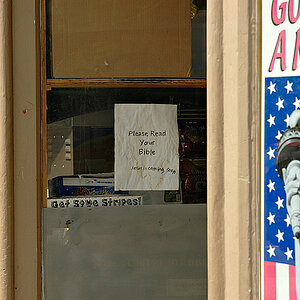
![[No title]](/data/xfmg/thumbnail/42/42274-5bec1b32caba5fed4a680bc5be4d0202.jpg?1619740083)
